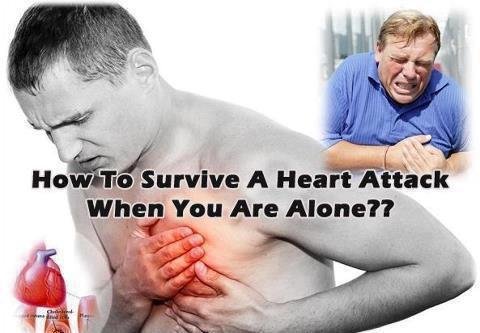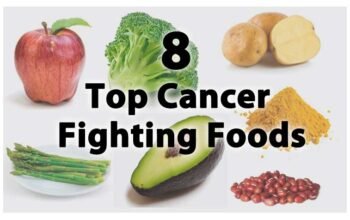Every year, approximately 750,000 people in the United States experience a heart attack, with many facing the terrifying prospect of experiencing these symptoms alone. Understanding how to respond during a cardiac emergency when no one else is around could mean the difference between life and death.
Recognizing the Silent Threat: Heart Attack Symptoms
A heart attack, medically known as a myocardial infarction, can manifest through various symptoms that shouldn’t be ignored. The most common signs include:
- Intense chest pain or pressure
- Shortness of breath
- Pain radiating to the arm, neck, or jaw
- Cold sweats
- Sudden dizziness or lightheadedness
It’s crucial to understand that heart attack symptoms can differ between individuals, with some experiencing mild discomfort while others face severe, crushing pain. Women, in particular, might experience less typical symptoms like back pain or extreme fatigue.
Immediate Actions: Your Lifeline When Alone
If you suspect you’re experiencing a heart attack, your immediate actions are critical:
- Stop all physical activity immediately and sit or lie down
- Call 911 or your local emergency number right away
- Unlock your front door to allow emergency responders quick access
- Keep your phone within arm’s reach
The Aspirin Intervention
If you have uncoated aspirin available, consider taking a 325 mg tablet by chewing it thoroughly. Aspirin can help prevent blood clotting and potentially reduce heart muscle damage. However, always consult with your healthcare provider beforehand to ensure it’s safe for you.
Managing Anxiety: Staying Calm Under Pressure
Panic can exacerbate heart attack symptoms. Practice these techniques to maintain composure:
- Take slow, deep breaths
- Use positive self-talk
- Focus on your breathing rhythm
- Remind yourself that help is on the way
Critical Actions to Avoid
Under no circumstances should you:
- Drive yourself to the hospital
- Ignore symptoms hoping they’ll pass
- Delay calling emergency services
Prevention and Preparedness
While knowing how to respond during a heart attack is crucial, prevention is equally important. Regular medical check-ups, maintaining a healthy lifestyle, managing stress, and understanding your personal risk factors can significantly reduce your chances of experiencing a cardiac event.
Final Thoughts
Being alone during a potential heart attack is frightening, but knowledge is your most powerful tool. By recognizing symptoms early, taking immediate action, and staying calm, you increase your chances of survival and successful recovery.
Remember, your quick thinking and preparedness can save your life. Always prioritize your health and never hesitate to seek medical help when something feels wrong.






